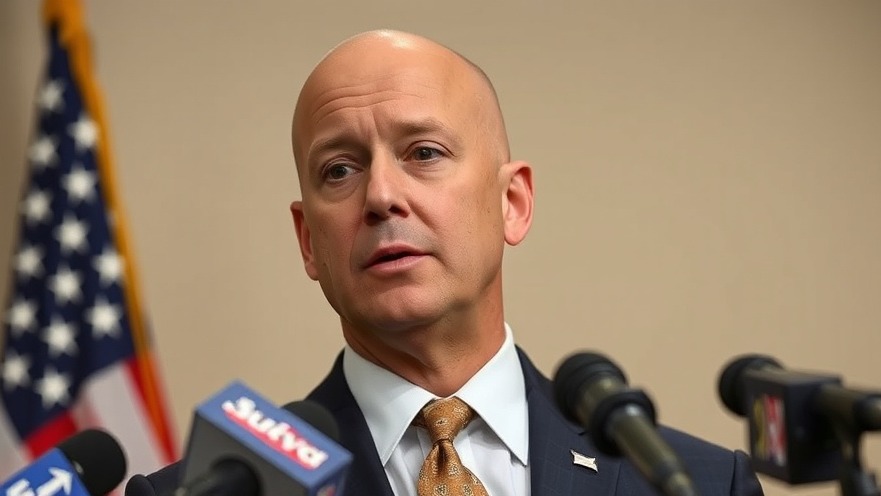
A Tough Decision Following a Tragic Event
El Paso District Attorney James Montoya recently announced that he will not pursue the death penalty for Patrick Crusius, the shooter responsible for the horrific Walmart tragedy on August 3, 2019, which claimed 23 lives and left 22 others injured. Montoya explains that this decision came after discussions with the families of the victims, many of whom expressed a desire for closure rather than years of prolonged legal proceedings.
Understanding the Family's Voices
Despite Montoya's personal belief in the death penalty, he said the overwhelming consensus from victims' families was clear: they want the case resolved quickly. The emotional toll of waiting for justice can be immense, as evidenced by families like that of Guillermo "Memo" Garcia, whose fatal injuries left his family grappling with loss and seeking quietude rather than revenge. Jessica Garcia's reflections reveal the complexity of the human experience in the aftermath of tragedy, illuminating the profound emotional burden that accompanies each decision.
Impacts on the Community
This decision is likely to generate mixed responses. While some families seek justice through the classic narrative of capital punishment, others embrace the stance of moving forward. Montoya is aware of the discontent among families who feel their voices weren’t fully represented—a reminder that there is no one-size-fits-all solution when it comes to healing after trauma.
This case highlights a larger conversation surrounding the judicial process in America, especially concerning mass shootings and community response. As El Paso strives to heal, the decision to prioritize closure over prolonged struggles may serve as a significant pivot point in how similar cases are approached in the future.
A Path Towards Healing
While the question of justice remains complex, communities are left grappling with how they redefine healing after such immense tragedy. Montoya’s choice reflects a growing recognition of the victims’ families’ needs and the humanity at stake in each legal decision. Discussions of penalties are often accompanied by immense emotional weight, and understanding those dimensions can bridge the gap between legal outcomes and personal healing.
As El Paso continues to cope with the consequences of this event, the focus must shift towards securing a future where such tragedies do not repeat. As Montoya noted, prolonging the trial could exacerbate pain for families, a sentiment that resonates deeply within discussions around justice and closure. With the plea hearing set for April 21, the community and families of victims will take their next step in a journey that has been weighted with grief but also the hopeful pursuit of peace.
 Add Row
Add Row  Add
Add 




Write A Comment